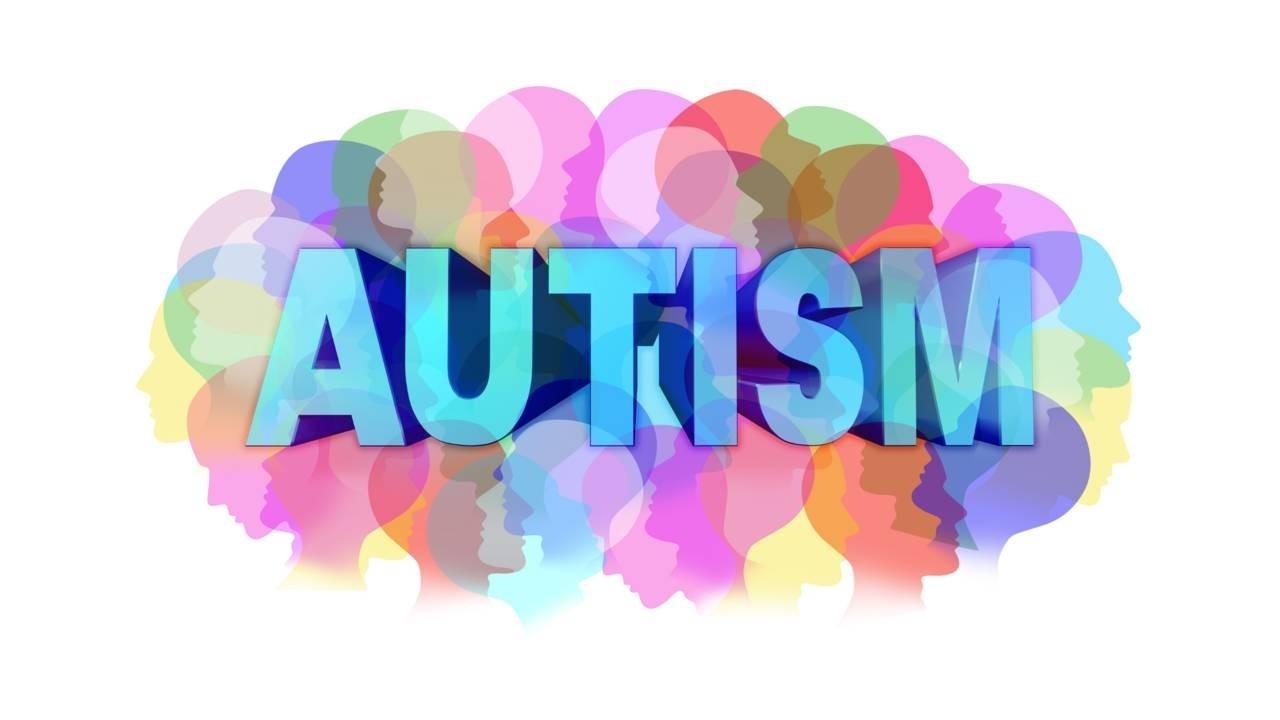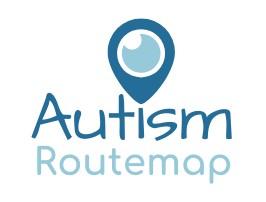Is an autism diagnosis really necessary?

Are you caught in a diagnostic dilemma? Wondering whether you should pursue a diagnosis for your child or not? Are you stuck in a catch 22 of wanting to know but at the same time not really wanting to know? If this is you, you are not alone!
Many parents have concerns about the implications of a diagnosis. Some fear the label “autism” because of what it may mean for their child. Others worry about possible judgement from the people around them. Some parents steer away from labels because they don’t want to box their child. And then, there are those who hope their child will grow out of the challenges and catch up with their peers.
Of course, all these perspectives contain valid points. Whether they reflect your fears, hopes or just your outlook on life – you are not wrong. Everyone’s situation is different and there are many factors involved. Coming to terms with the idea that your child may be autistic can also be very challenging. The diagnostic process can feel like a hike up Mount Everest. So, what are the benefits of a diagnosis other than just “knowing” whether it is, or it isn’t?
Clarity and understanding
You may have heard autism being described as a hidden disability. Unlike wheelchair users, the challenges associated with autism are not always obvious. Faced with a flight of stairs, you wouldn’t expect a wheelchair user to suddenly pop out of their chair and walk up, wheelchair in hand. That would be ridiculous! So, we provide ramps and lifts in recognition of the difficulty. But when it comes to autism, we don’t necessarily make the same allowances. We expect children to behave in synch with social norms even when they can’t. Not won’t but can’t.
The problem faced by many on the spectrum is misinterpretation of their behaviour. The child who doesn’t look at others or interact with them may be seen as unfriendly. The 4-year old who has a meltdown in public may be viewed as naughty or the parents as incompetent. The little boy who doesn’t recognise authority at school may be punished for being rude and the teen who says something inappropriate may be accused of being downright callous.
However, when we re-frame these behaviours as autistic, interpretations often magically change as well. It’s as though we are handing people an imaginary pair of glasses which alters the way they view the person. “Aha” moments often follow a diagnosis of autism. Suddenly, the once unfriendly, naughty, and rude child is understood as a vulnerable individual who needs help to manage social situations. The behaviours that once confused or hurt us now make sense. Recognising that your child doesn’t enjoy hugs because of sensory issues is a whole lot easier than wondering why they don’t like you.
Your feelings
Having sat through many diagnostic appointments over the years, one thing is clear - people react differently to a diagnosis. Parents of young children are often very upset because they have been holding on to the hope that their child will grow out of the current difficulties. Toddlerhood, is after all fraught with challenges. Babies move from liquid to solid food and turn into toddlers who give up dummies, learn to talk, walk, and use the potty. Many a parent has sat up through the night worrying only to find that the problem soon passes. Why then should a communication or interaction difficulty be any different?
On the other hand, parents of older children or adults have had time to adjust to life with autism related challenges. Some have drawn unhelpful conclusions about themselves and as such, they often feel relief at the realisation that there is an explanation for their difficulties.
Whatever the emotional response, – knowing one way or another enables you to move beyond the land of in-between to a place of clarity where your focus shifts from “is this ….?” to “How do we address this?”.
A signpost for support
Perhaps one of the most useful aspects of a diagnosis is that it acts as a signpost for support. Instead of scanning the entire contents of google, you can now focus your efforts on the autism literature. There are lots of Facebook groups for parents which are wonderful sources of practical and emotional support. Many countries have well-developed services which have been designed specifically with autism in mind. Some of these services are only available to those who have a diagnosis. And then there are the practical supports like blue badges (to use disabled parking in the UK), assistance passes for guests at amusement parks, lanyards to alert staff in airports and financial support.
Wherever you are on your journey of discovery, the good news is that you have time to think through your decisions. Although early intervention is associated with better outcomes, this is not a crisis situation that needs an instant answer. Talk to the people around you who are in a position to help. Read about the condition. And if you are stuck in the land of in-between, I hope this article has encouraged you with some of the benefits of knowing if your child is on the spectrum.
To you and your parenting journey!
Linda Philips
Parenting Autism

